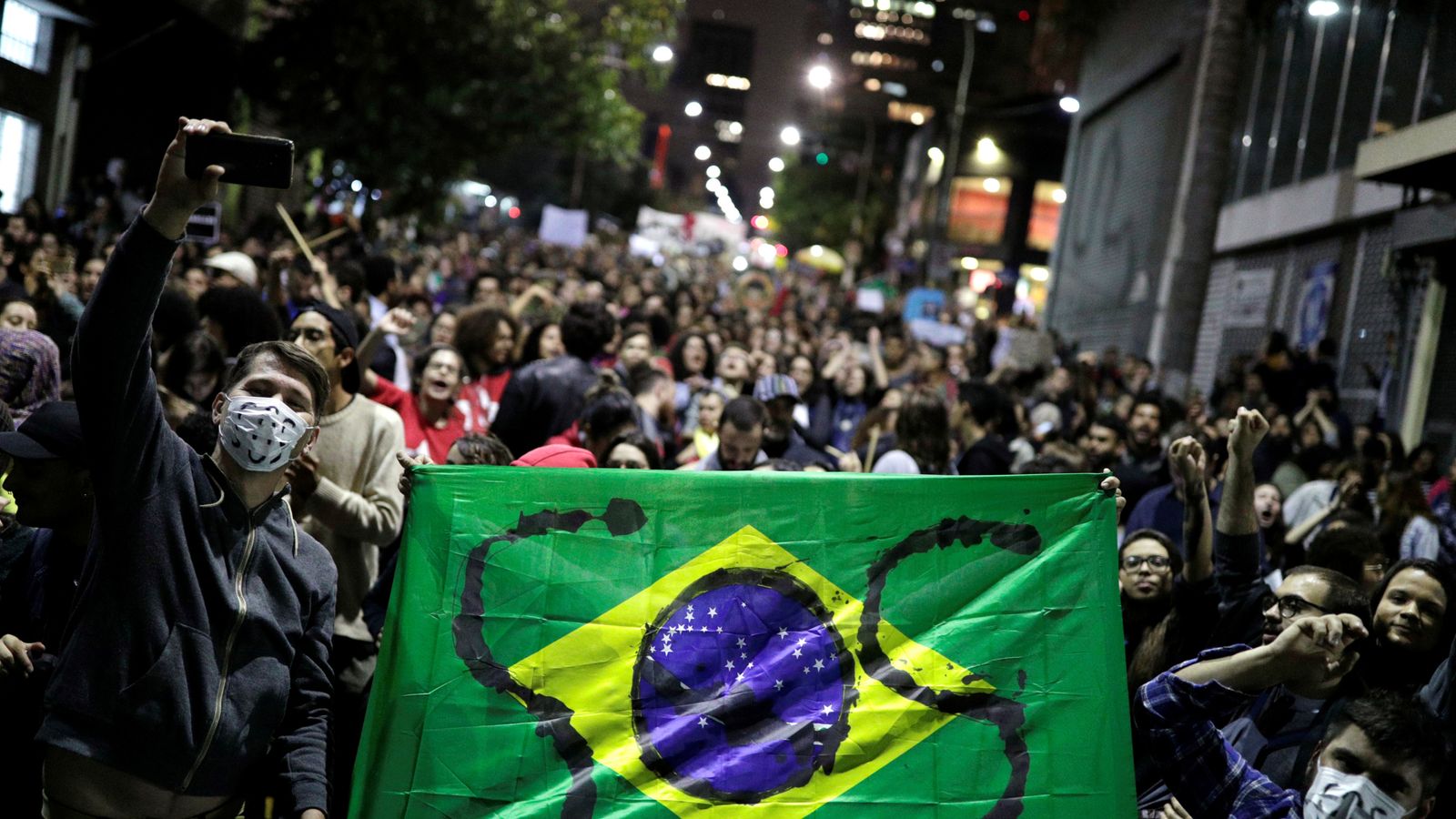
Brazil is unique in Latin America as much as it is unique in the world. When working in Washington DC many years ago, the largest events were always the ones where the voice of Brazil was present via their Ambassador to the US. While Latin American allies of the US were often seen as almost cousins to the US due to cultural and social ties, Brazil was seen as the hedgehog of the region. Everyone from the USTR to the Secretary of State knew that while relations were good, Brazil would be the one that would push back for the rest of Latin America against the US if needed. Due to their population size and economic weight, Brazil was always respected because Brazil would always stand up for their place in the world.
With increasing economic stability in the pre-Olympic era, Brazilians thought that a past filled with economic uncertainly may have ended. Unfortunately, when Brazil’s elite political and economic leaders took public funds for personal gain or spent it to please international friends and remove much needed social spending to invest in stadiums and games, the economic fortunes for the average Brazilian declined rapidly. The corruption scandal that brought down a few Presidents grew partially out of the realisation that the Olympic Games and World Cup were run with corruption tainting many of the contracts, and that Brazil’s public money went to already wealthy international interests when the people needed it most. When asked by the Brazilian government to help with the debt in 2017, the IOC avoided giving funds back to Brazil during an severe recession in the country.
China’s foreign policy has earned some acceptance in Africa and Latin America as Chinese investment and promotion seeks to place funds in foreign countries without any restrictions or open criticism of local policy. While there should be a moral limit to investment, the view by China, BRICS countries and many other former colonised nations is that interference in local politics is harmful to the country. With the history of European and American interventions in Latin America, and even recent policy that lead to Olympic sized debt and corruption problems in Brazil, recent pressure by European leaders on Brazil’s environmental policy is seen by some in Brazil as interference in their sovereignty, even if it is for a positive cause. While France’s and Brazil’s Presidents are not on friendly terms these days, the international community and the European Union must acknowledge that the history of relations between Brazil and the international community is not one without friction.
Brazilians are responsible for their territory because it is their country, and they will elect those who they believe can manage it to their benefit. They will change their minds, alter their views on policy, debate furiously and even criticize their judicial leaders when they charge ex-presidents with corruption, but it is not up to foreign countries to decide how their democracy should work as international interference has cost the Brazilian people a great deal over several generations. With a recent G7 that invited other non members to the forum, but sought to address issues in Brazil without inviting them to a seat at the table, the credibility of actions by the group may be seen skeptically by many in Brazil. Before any actions are taken, perhaps they should return some Olympic money cashed out of Brazil by the IOC and other European interests, it might make for a more productive dialogue for Brazil and G7 powers in facing the current crisis.